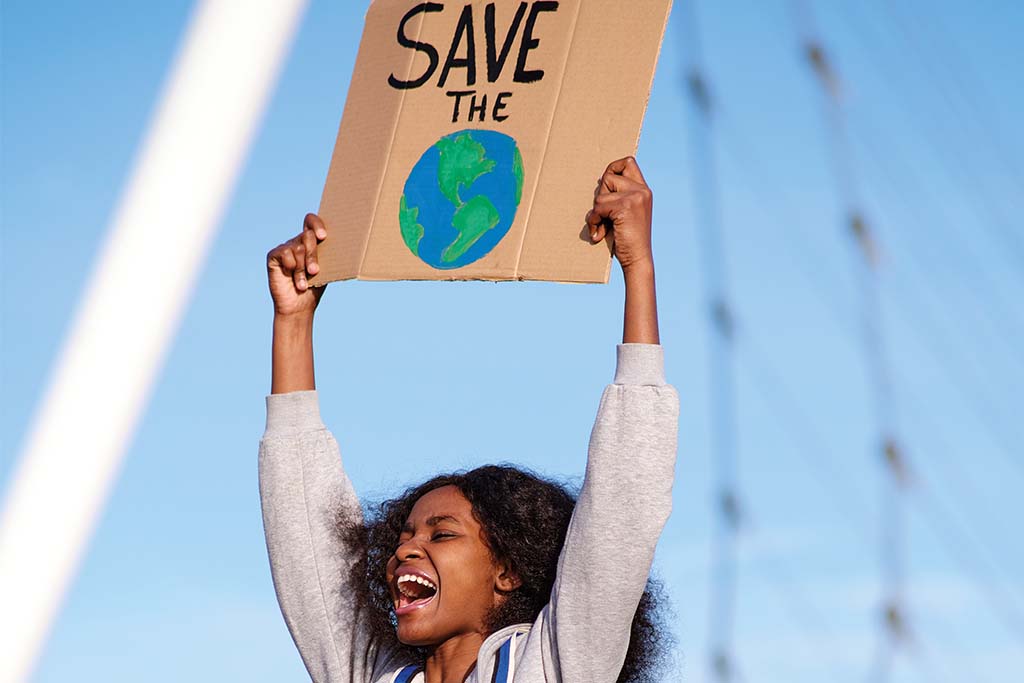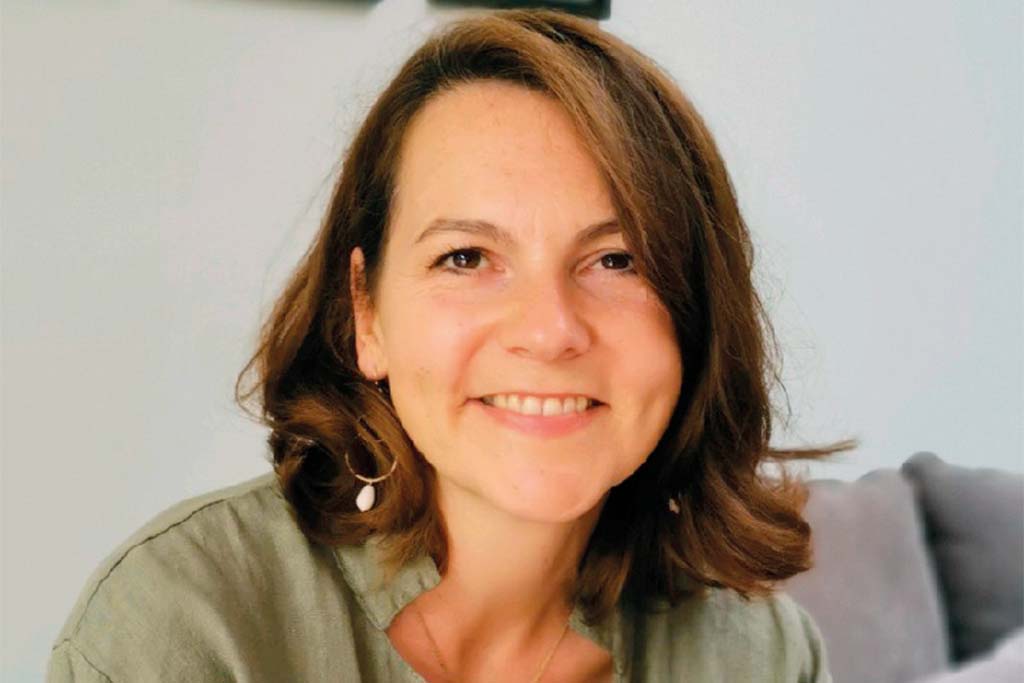Making a Change
By
3 years ago

Nurturing our future citizens and leaders starts with lessons in how to be kind, says Helen Sundaram
I’ve always been a stickler for justice, exhibited as a child in outbursts of ‘it’s not fair!’, with much foot stamping. Of course, at that age I was focused on my own little world, and had no idea about real injustice.
Over time – with the inevitable challenges of life – my drive for fairness and equality have deepened. Whether through experiences at work or digesting global news, the realisation that unfortunately the world can be unkind and unfair, is no less palatable to me now as it was then.
Last year, I decided to take a stand. Resigning from my job and supported by family and friends, I made it my mission to do all I could to inspire a kinder, more equitable world. And so, The Kindness Bank was born, a social enterprise aiming to nurture our future kind and responsible citizens and leaders. In partnership with University College London, the Bank delivers workshops to pupils across all key stages encouraging them to think about their actions and the consequences which follow.

Right now, it feels like kindness and humanity is never more needed. We are in a climate crisis and a fuel crisis, impacting people around the world and on our doorstep. Fifty per cent of the world’s population lives in poverty and the gap between rich and poor is vast and growing. Global warming, pollution, poverty and war are forcing people to migrate, to try to find safety and stability.
So, how does kindness fit into that? Is it about being nice or is there more to it?
The dictionary definition of kindness is ‘the quality of being friendly, generous and considerate’. So yes, there’s more to it than just being pleasant. As we explain to pupils in the workshops, kindness is about looking outward, it’s about considering our impact on others, being generous with our time, energy and focus, and trying to help.
And kindness is something of a wonder drug – it makes us happy! We all know that good feeling when someone is kind to us, and similarly when we’re kind to others, so kindness is important for our mental health.
After all, one of the things that makes us civilised as human beings is our capacity to be kind to anyone, whether we know them or not. This really is the crux of it, the reason why kindness is so powerful, important and such a growing movement. Because believe it or not, kindness helps us solve difficult problems like climate change and global warming. When we adopt a kind outlook, we can see things from another’s perspective, consider our impact and try to help.
We live in a world where we can satisfy our every need instantly, we tire of things quickly, we waste, pollute, deplete precious resources without a second thought, without knowing, without realising, because we’re not taught otherwise.

And just when we need our children to look outward, they are immersed in a culture of self-promotion, celebrity, status, drawing them into an ever inward-focused world of perfectionism, inauthenticity, FOMO, consumerism and the need for external validation. And the impact of all this on mental health is well known.
Yet these children are inheriting this world. As our future citizens and leaders, we will call upon them to fix it, so keeping them in the dark seems a great injustice. We can educate from a young age on kindness and sustainability, responsible consumption, the UN Global Goals, problem solving, diverse teamwork, finding purpose and the part they play in the solutions. If we encourage creativity, problem solving, ideas generation and confidence, empower children to be brave, take action, share, influence and inspire others, what a sea change of good we will create!
As the future custodians of our planet, we surely owe our children the greatest kindness by teaching them how to nurture and protect it for future generations.
Helen Sundaram is Founder of The Kindness Bank, thekindnessbank.co.uk
Read more:
Plastic Clever Schools Event | Insider’s Guide



